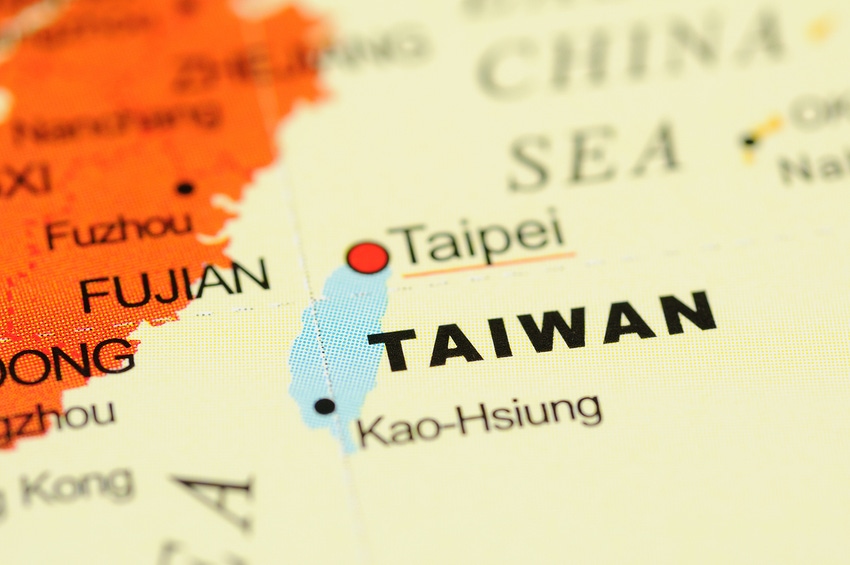Negotiating mandate set for U.S.-Taiwan trade initiative
Legislative Watch: Taiwan seventh largest export market for U.S. agriculture; Food and Energy Security Act; Senate Finance to vote on McKalip.

The United States Trade Representative and Taiwan have announced the two countries have reached a consensus on the negotiating mandate for the U.S.-Taiwan Initiative on 21st-Century Trade. The negotiating mandate sets out the broad objectives of the two countries.
The focus of the negotiations will include trade facilitation, good regulatory practices, anticorruption, agriculture, digital trade, enhancing trade between small and medium enterprises, non-market policies and practices, labor, and environment.
The mandate's section on agricultural trade states: "The United States and Taiwan will seek to adopt provisions to facilitate agricultural trade through science-and-risk-based decision making and the adoption of sound, transparent regulatory practices. The two sides will also seek to adopt provisions to support collaborative and cooperative mechanisms on food security and on the use of production practices, including new and innovative technologies, that increase agricultural productivity while decreasing land, water and fuel use and help contribute to climate adaptation and resiliency."
According to USDA's Foreign Agricultural Service, Taiwan in 2021 was the seventh largest export market for U.S. agriculture at $3.9 billion. The top U.S. agricultural exports were soybeans, beef and beef products, corn, wheat, fresh fruit, food preparations, poultry meat and products (excluding eggs), and dairy products.
Legislation to require impact of regulations on food and energy prices
The Food and Energy Security Act would require federal financial and securities regulators to estimate how proposed rules would impact food and energy costs. If the proposed rule would increase food, energy or gas prices, the rule would not be implemented if inflation is more than 4.5%.
Senator John Thune (R-SD), sponsor of the legislation, said, "This legislation would not only prevent the administration from implementing rules that increase costs, but it would also require the administration to recognize that its actions – and the broader ESG movement – have real-world impacts that compromise our nation’s food and energy security."
Senate Finance to vote on McKalip
The Senate Finance Committee will vote on the nomination of Doug McKalip to be the Chief Agriculture Negotiator at USTR on Sept. 7.
During McKalip's nomination hearing in July, he was questioned why the administration was not seeking free trade agreements to give greater market access for U.S. products, especially agriculture, as our international competitors continue to enter new trade agreements.
Twenty-one Republican Senators sent a letter to McKalip last month urging him to "become an advocate … for the prioritization and inclusion of market access commitments as part of U.S. trade discussions. Our farmers and ranchers are facing uncertain times due to the immense pressure of an exponential increase in input costs. Greater access to international markets for products we export would help alleviate some of that pressure."
Earlier, approximately 100 agricultural organizations and companies sent a letter to the Senate Finance Committee in support of his nomination.
Source: P. Scott Shearer, who is solely responsible for the information provided, and wholly owns the information. Informa Business Media and all its subsidiaries are not responsible for any of the content contained in this information asset. The opinions of this writer are not necessarily those of Farm Progress/Informa.
About the Author(s)
You May Also Like



